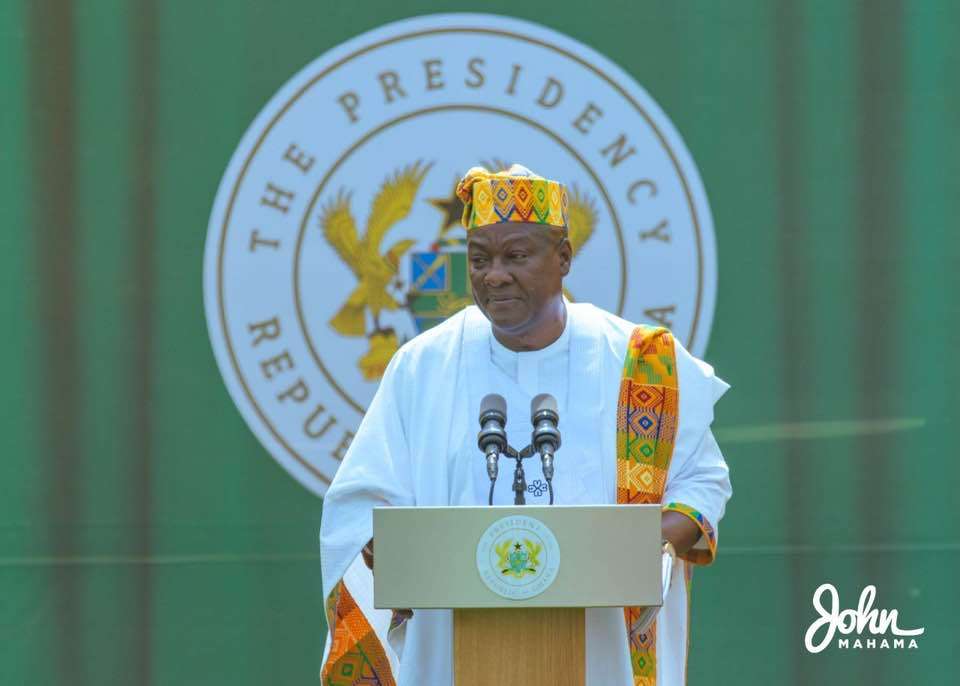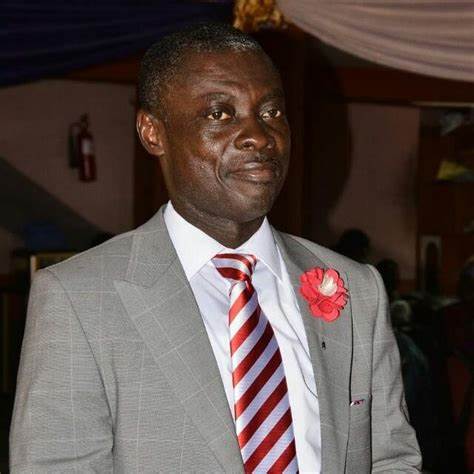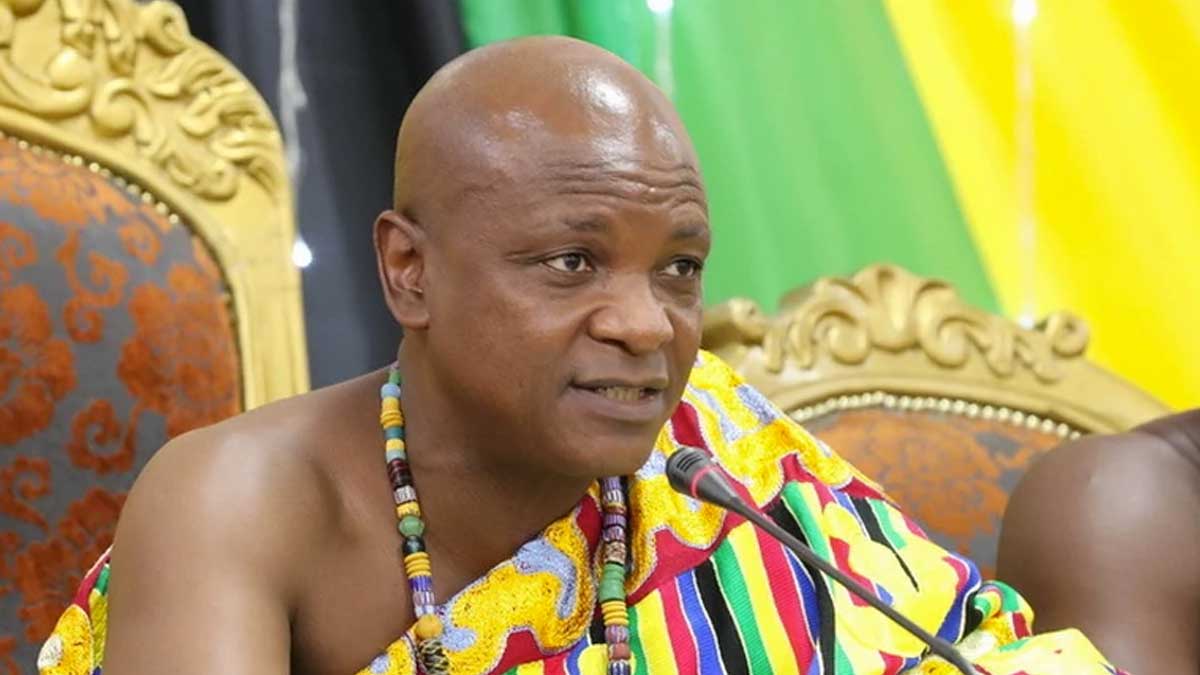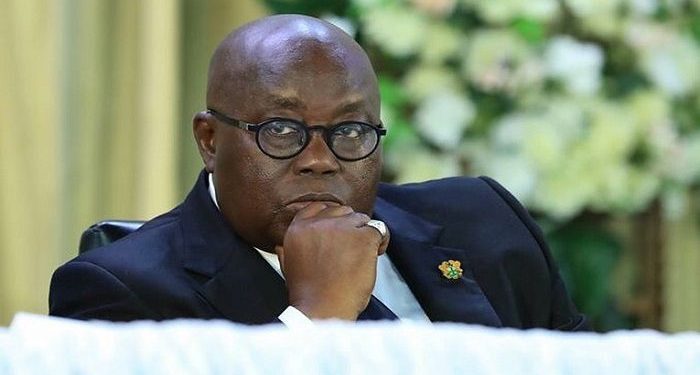FIVE KEY POLICIES OF PRESIDENT MAHAMA WINNING PUBLIC PRAISE

Just two months into his second term as Ghana’s President, John Dramani Mahama is already making waves with a series of bold policy initiatives that have garnered widespread public approval. Sworn in on January 7, 2025, President Mahama, who previously served as Ghana’s leader from 2012 to 2017, has leveraged his experience to implement measures aimed at enhancing governance, promoting transparency, and addressing critical national issues. His administration’s early actions have earned praise from a diverse range of stakeholders, including civil society organizations, business leaders, and even former critics.
Among the notable voices commending Mahama’s policies are Franklin Cudjoe, President of IMANI Africa; Senyo Hosi, a prominent businessman and economic policy analyst; and journalist Nana Aba Anamoah. Social media platforms, particularly X (formerly Twitter), have also been abuzz with positive reactions. Organizations such as Elections Watch Ghana and the political group Movement for Change have similarly expressed support for the administration’s early decisions.
Here are five key initiatives by President Mahama that have resonated with the public highlighted by NKONKONSA:
1. Reduction of Ministerial Positions
In a move to streamline government operations and enhance efficiency, President Mahama has reduced the number of ministries from 30 to 23. This administrative restructuring, formalized through the Civil Service (Ministries) Instrument, 2025 (E.I. 1), was signed on January 9, 2025. The reorganization includes the creation of new ministries such as the Ministry of Energy and Green Transition, the Ministry of Communication, Digital Technology, and Innovations, and the Ministry of Trade, Agribusiness, and Industry. The decision has been hailed as a step toward reducing bureaucratic redundancy and optimizing resource allocation.
2. Ban on First-Class Official Travels
President Mahama has instituted a ban on first-class travel for government appointees, emphasizing modesty and fiscal responsibility. Announced during the swearing-in ceremony of ministers on February 7, 2025, the policy underscores the administration’s commitment to prudent use of state resources. The President also directed the Chief of Staff, Julius Debrah, to enforce restrictions on non-essential travel, a move that has been widely applauded as a demonstration of accountability.
3. Public Declaration of Assets and Accountability for Appointees
In a bold move to combat corruption and promote transparency, President Mahama has mandated all government appointees to publicly declare their assets by March 31, 2025. Speaking to the press on February 18, 2025, after declaring his own assets, the President warned of severe consequences, including removal from office, for any appointee who fails to comply. “I’ve asked the Chief of Staff to ensure that all appointees declare their assets by the end of the first quarter of this year,” Mahama stated. This initiative has been praised as a significant step toward restoring public trust in government institutions.
4. Payment of Bondholders
The Mahama administration has demonstrated its commitment to fiscal responsibility by honoring its financial obligations to bondholders under the Domestic Debt Exchange Programme (DDEP). On February 17, 2025, the Ministry of Finance successfully paid a GH¢6.081 billion coupon to bondholders, in line with a directive from the President. Additionally, the government settled the Pay-In-Kind (PIK) portion of GH¢3.46 billion and allocated GH¢9.7 billion to the Debt Service Recovery Cedi Account (Sinking Fund) to support future coupon payments. These actions have bolstered investor confidence and signaled the administration’s dedication to sound economic management.
5. Reduction of Hajj Fare
Recognizing the importance of Hajj to Ghana’s Muslim community, President Mahama has reduced the cost of the pilgrimage from GH¢75,000 to GH¢62,000 per person. This decision has been met with widespread appreciation, particularly from Muslim leaders and organizations, who view it as a demonstration of the government’s commitment to supporting religious practices and easing financial burdens on citizens.
A Promising Start
President Mahama’s early policy initiatives reflect a focus on efficiency, transparency, and inclusivity. By addressing both governance and socio-economic issues, his administration has set a tone of accountability and responsiveness. While challenges undoubtedly lie ahead, the public’s positive reception of these measures suggests a renewed sense of optimism among Ghanaians.
As the administration continues to roll out its agenda, all eyes will be on how these policies translate into tangible improvements in the lives of citizens. For now, President Mahama’s second term is off to a promising start, with many hopeful that his experience and vision will lead Ghana toward greater stability and prosperity.
Source:NKONKONSA.com





